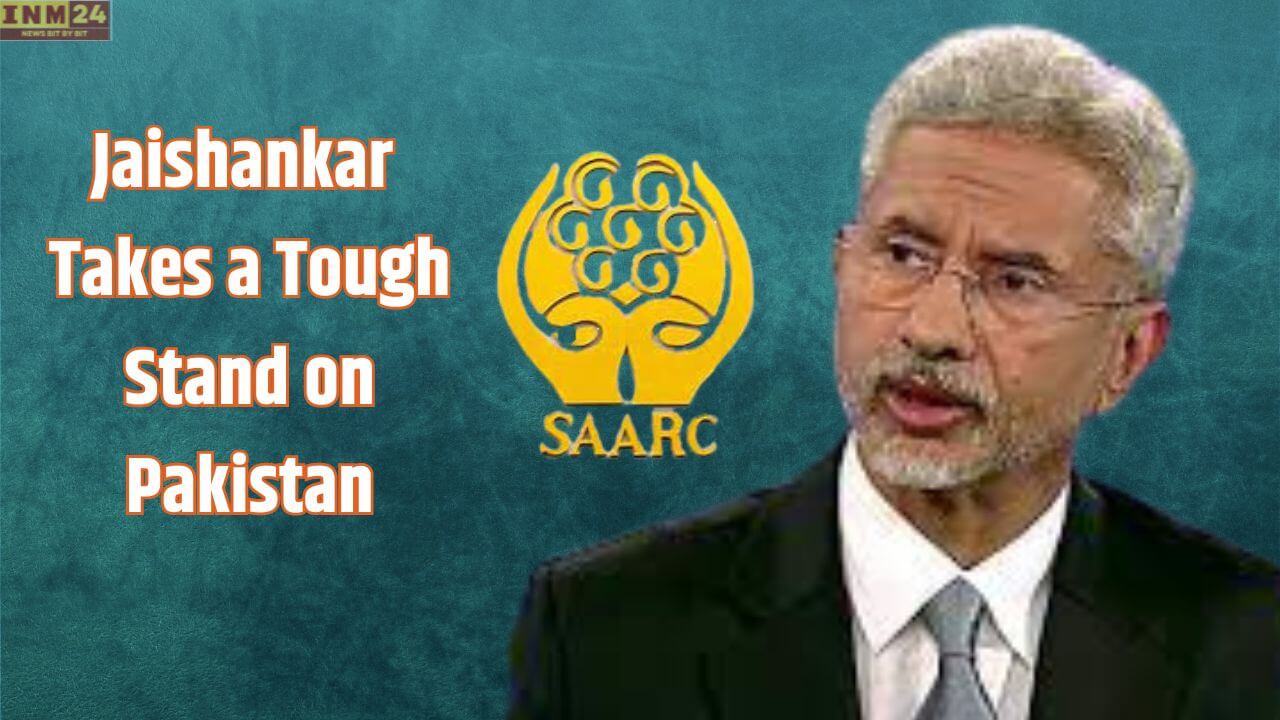In a bold move, Indian Foreign Minister S. Jaishankar has strongly criticized Pakistan for harboring terrorists, prompting doubts about the revival of the South Asian Association for Regional Cooperation (SAARC). Since the SAARC summit in 2014, there has been no significant progress, leaving the future of this regional alliance uncertain.
Clear Condemnation of Pakistan
Jaishankar’s comments come amid rising tensions between India and Pakistan, particularly in the wake of terrorist activities orchestrated by groups operating from Pakistani soil. He explicitly accused Pakistan of employing various forms of terrorism, a statement that has ramifications not only for SAARC but also for other member nations.
SAARC’s Troubled History
SAARC, comprising India, Afghanistan, Bangladesh, Bhutan, Maldives, Nepal, Pakistan, and Sri Lanka, has witnessed a decline in its effectiveness since the cancellation of the summit in 2016. The 2014 summit in Kathmandu was the last successful gathering, and subsequent attempts to convene meetings have failed.
Terrorism as a Stumbling Block
Jaishankar pointed out that SAARC faces a crisis because one of its member countries openly supports terrorism. He emphasized that a regional organization cannot thrive when one of its members is actively promoting terrorist activities against other nations. The remarks indirectly targeted Pakistan, a member country with a long-standing history of enmity with India.
Shift Towards BIMSTEC
In response to the challenges within SAARC, India has shown a growing interest in the Bay of Bengal Initiative for Multi-Sectoral Technical and Economic Cooperation (BIMSTEC). Jaishankar indicated that cooperation within BIMSTEC is on the rise, and India is keen on strengthening ties within this organization, where Pakistan is not a member.
Pakistan’s Pressure on SAARC
While India looks to BIMSTEC, Pakistan is consistently exerting pressure on Nepal to organize a SAARC summit. However, India remains unwilling to participate due to Islamabad’s policies that support terrorism, making the future of SAARC even more uncertain.
SAARC’s Cancelled Annual Foreign Ministers’ Meeting
Even the annual SAARC foreign ministers’ meeting, usually held on the sidelines of the United Nations General Assembly, was canceled. The diplomatic move further underscores the strained relations and the reluctance of SAARC members to engage in constructive dialogue.
SAARC vs. BIMSTEC
The evolving dynamics between India and Pakistan within SAARC have shifted the focus to BIMSTEC, a regional organization that includes Bangladesh, Bhutan, India, Myanmar, Nepal, Sri Lanka, and Thailand. This shift raises questions about the future relevance and efficacy of SAARC.
In conclusion, Jaishankar’s strong stance against Pakistan has not only raised eyebrows but has also placed a significant question mark on the future of SAARC. The shift towards BIMSTEC indicates that regional cooperation might find new avenues, leaving SAARC grappling with the challenges posed by divergent national interests and security concerns. The evolving geopolitical landscape in South Asia will undoubtedly shape the destiny of these regional alliances in the years to come.
